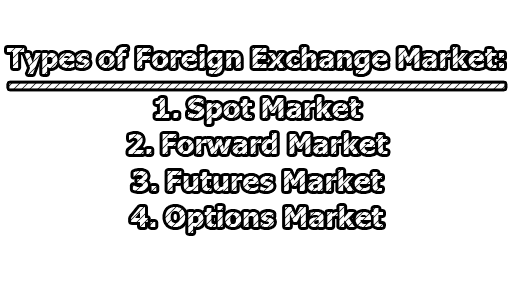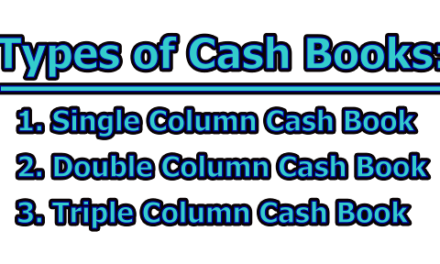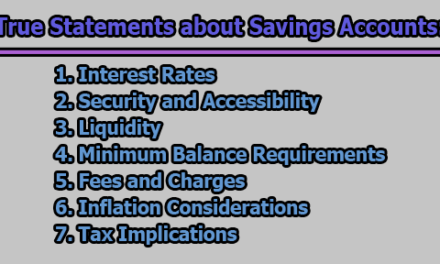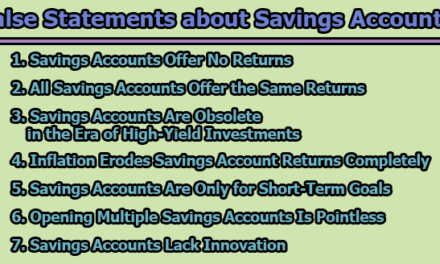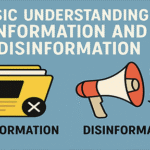Foreign Exchange Market:
The market in which participants are able to buy, sell and exchange currencies at current or determined prices. The foreign exchange market (also known as forex, FX, or the currencies market) is the market where one buys or sells the currency of country A with the currency of country B. The foreign exchange market assists international trade and investments by enabling currency conversion. Foreign exchange markets are made up of commercial banks, central banks, investment management firms, and retail forex brokers and investors. In terms of volume of trading, it is by far the largest market in the world. In the rest of this article, we are going to present you with the Types of Foreign Exchange Market, Participants, Functions, Advantages, and Disadvantages of Foreign Exchange Market.
Types of Foreign Exchange Market:
1. Spot Market: refers to the market in which the receipts and payments are made immediately. Generally, a time of two business days is permitted to settle the transaction. The spot market is of daily nature and deals only in spot transactions of foreign exchange (not in future transactions). The rate of exchange, which prevails in the spot market, is termed the spot exchange rate or current rate of exchange. The term ‘spot transaction’ is a bit misleading. In fact, a spot transaction should mean a transaction, which is carried out ‘on the spot’ (i.e., immediately). However, a two-day margin is allowed as it takes two days for payments made through cheques to be cleared.
2. Forward Market: A forward contract specifies the amount of a particular currency that will be purchased or sold by the MNC at a specified future point in time and at a specified exchange rate. The exchange rate quoted in forward transactions is known as the forward exchange rate. Forward Contract is made for two reasons:
- To minimize the risk of loss due to adverse changes in the exchange rate (through hedging);
- To make a profit (through speculation).
3. Futures Market: Currency futures are transferable futures contract that specifies the price at which a currency can be bought or sold at a future date. A currency futures contract specifies a standard volume of a particular currency to be exchanged on a specific settlement date. It can be easily traded between parties other than the two initial parties to the contract.
4. Options Market: Currency options contracts can be classified as calls or puts. A currency call option provides the right to buy a specific currency at a specific price (called the strike price or exercise price) within a specific period of time. A currency put option provides the right to sell a specific currency at a specific price within a specific period of time.
Participants of Foreign Exchange Market:
a. Commercial Banks: Operating at the retail level for individual exporters or corporations or at the wholesale level in the inter-bank market known as Authorized Dealer– act as Market Maker.
b. Central Banks: They try to control the money supply, inflation, and/or interest rates and often have official or unofficial target rates for their currencies. They can use their often substantial foreign exchange reserves to stabilize the market.
c. Investment Management Firms: Investment management firms use the foreign exchange market to facilitate transactions in foreign securities. For example, an investment manager bearing an international equity portfolio needs to purchase and sell several pairs of foreign currencies to pay for foreign securities purchases.
d. Retail Foreign Exchange Traders: There are two main types of retail FX brokers offering the opportunity for speculative currency trading: brokers and dealers or market makers.
- Brokers serve as an agent of the customer in the broader FX market, by seeking the best price in the market for a retail order and dealing on behalf of the retail customer. They charge a commission or markup in addition to the price obtained in the market.
- Dealers or market makers, by contrast, typically act as principals in the transaction versus the retail customer and quote a price they are willing to deal at.
e. Non-bank Foreign Exchange Companies: It offers currency exchange and international payments to private individuals and companies. These are also known as foreign exchange brokers but are distinct in that they do not offer speculative trading but rather currency exchange with payments (i.e., there is usually a physical delivery of currency to a bank account). These companies’ selling point is usually that they will offer better exchange rates or cheaper payments than the customer’s bank. These companies differ from Money Transfer/Remittance Companies in that they generally offer higher-value services.
f. Currency Transfer Companies: provide low-value foreign exchange services for travelers. These are typically located at airports and stations or at tourist locations and allow physical notes to be exchanged from one currency to another. They access the foreign exchange markets via banks or non-bank foreign exchange companies.
Functions of Foreign Exchange Market:
i. Transfer Function: The basic function of the foreign exchange market is to facilitate the conversion of one currency into another, i.e., to accomplish transfers of purchasing power between two countries. This transfer of purchasing power is effected through a variety of credit instruments, such as telegraphic transfers, bank drafts, and foreign bills. In performing the transfer function, the foreign exchange market carries out payments internationally by clearing debts.
ii. Credit Function: It provides credit for foreign trade both national and international, to promote foreign trade. When foreign bills of exchange are used in international payments, a credit for about 3 months, till their maturity, is required. Bills of exchange, with a maturity period of three months, are generally used for international payments. Credit is required for this period in order to enable the importer to take possession of goods, sell them and obtain money to pay off the bill.
iii. Hedging Function: In a free exchange market when exchange rates, i.e., the price of one currency in terms of another currency, change, there may be a gain or loss to the party concerned. Under this condition, a person or a firm undertakes a great exchange risk if there are huge amounts of net claims or net liabilities which are to be met in foreign money. Exchange risk as such should be avoided or reduced. For this, the exchange market provides facilities for hedging anticipated or actual claims or liabilities through forward contracts in exchange. A forward contract which is normally for three months is a contract to buy or sell foreign exchange against another currency at some fixed date in the future at a price agreed upon now. No money passes at the time of the contract. But the contract makes it possible to ignore any likely changes in the exchange rate. The existence of a forward market thus makes it possible to hedge an exchange position.
Advantages of the Foreign Exchange Market:
Some of the necessary advantages are given below:
- Investors aren’t forced to the stringent standards or regulations present in other markets because there are fewer rules than in the other marketplaces.
- The FX market is not regulated by any central authorities or clearing houses.
- The majority of investors won’t be required to pay the standard commissions or fees that would be charged on another exchange.
- There is no cut-off time to be able to engage in the market because it is open 24/7. So, you can trade whenever you like.
- Last but not least, if risk and return are a concern, you can enter and exit the market anytime you like, and you can purchase as much currency as you can afford based on your account balance and your broker’s leverage requirements.
Disadvantages of the Foreign Exchange Market:
Some of the necessary disadvantages are given below:
- Even though there are benefits to the market being unregulated, there are risks as well because there is no meaningful regulation that can guarantee transactions are risk-free.
- Leverage can increase earnings but it can also result in substantial losses. Investors run the risk of losing a significant amount of money if their deals go wrong because there are no fixed restrictions on leverage.
- FX transactions only depend on appreciation, therefore they offer lower residual returns than some other assets. In contrast to stocks, which can also give returns through dividends, and bonds, which can deliver returns through interest payments.
- A trader may suffer if the FX market is not transparent since they may not get the best price, have restricted access to information such as quotes, and have limited influence over how their deals are filled.
Finally, we can say that the Foreign Exchange Market is a global internet network where traders buy and sell currencies. It is always open and has no physical location. For currencies with floating exchange rates, it sets the exchange rates. It is the world’s biggest and most liquid financial market. The variations in exchange rates, which in turn influence merchants’ profits, are determined by demand and supply.

Assistant Teacher at Zinzira Pir Mohammad Pilot School and College

